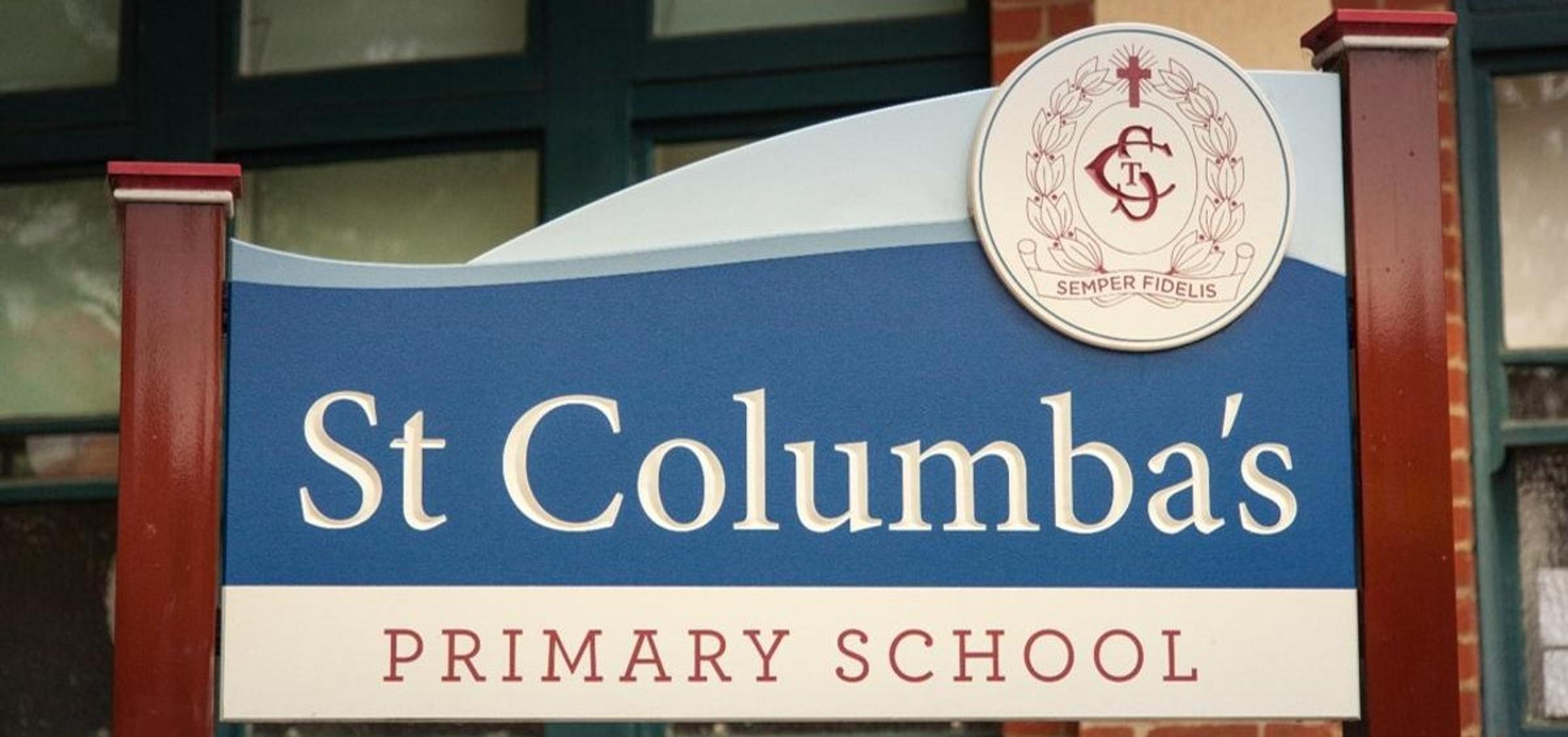Principal Report

Principal Message Term 2 - Week 4
A few years ago, I read ‘A more beautiful question” by Warren Berger which inspired me to write a piece for our newsletter about curiosity and the place of wondering and questioning in our curriculum and for the future of society.
If you are to believe current research regarding 21st century skills, then curiosity, creativity, the ability to question and problem solve are vital skills for the future. Whilst reading the book and something that has stuck with me since, Berger states that when children start school, they immediately begin to ask less questions. Curiosity wanes to such a degree that for some students, school is just something that is done to them and to get done. How can this be and why? Shouldn’t it in fact be the opposite? Aren’t schools supposed to be places that inspire and encourage children to risk take, to be open to multiple perspectives, to want to find out more, how things work and to build on a child’s desire to learn?
To back Berger’s assertation he quotes a Newsweek story “The Creativity Crisis” about signs of declining creativity among school children. This article was written in response to research undertaken by Professor Kyung-Hee Kim in 2010. An interesting fact cited in the article is: Preschool children ask their parents an average of 100 questions a day. By middle school, they’ve basically stopped asking questions. Further research shows that this decline continues through to secondary school and that around this time student motivation and engagement also plummets.
So, what can we do? There are two schools of thoughts here. One is that children are born questioners and we don’t need to teach it – we just have to stop discouraging it. The second is that questioning is a more subtle and complex skill than we think. Some of it comes naturally but some must be learnt and practised.
At St Columba’s we believe that good thinking is central to learning. As we plan our learning experiences it is our intention to assist students to become efficient and learned thinkers through developing their ability to question and think critically by:
- focusing on asking good questions that challenge all learners, students and teachers, to think
- valuing student questions and encouraging them to follow their own lines of inquiry
- helping students develop reflective thinking (purposeful, deep thinking about ideas) and metacognitive skills (being aware of, evaluating and regulating their own thinking) to enhance their learning and their ownership of learning
- encouraging collaborative group tasks which encourages students to take responsibility of their learning and to think and problem solve together
- seek opportunities for dialogue – ongoing conversations around substantial concepts and issues of importance to the students (in all areas of learning)
- giving students time to think and supporting them to formulate their own answers to important questions
To facilitate this, we link learning across all areas of the curriculum through a transdisciplinary approach to learning. And we connect big ideas and concepts to engage our students to real life issues.
We understand that students require appropriate learning and teaching experiences directed toward their particular stages of development and we ensure we take into account what they know and can already do. Our Early Years’ curriculum is designed to engage younger students in learning. It uses:
- A constructivist approach to learning alongside explicit instruction
- Learning experiences that promotes curiosity, creativity, imagination and scope for children to invent, make and create
- Learning experiences that emphasizes active engagement. Providing children with opportunities to explore processes not just end products and encourages children to pursue some of their learning experiences into ongoing inquiries
"Tell me and I forget, show me and I remember, involve me and I understand."
Learning at our school has agency at its heart and that requires involving students to engage deeply in what they are learning about. We want our school to be a place where learners:
- are encouraged to show curiosity
- ask questions and search for answers to questions
- use technologies that take them beyond the walls of the classroom
- develop deep understandings of the ideas and concepts embedded within the curriculum
As the debate rages around the relevance of NAPLAN, I believe we have never had more need to ask questions, to think big and to dream more than we do today. And I hope that the work that we are undertaking with your children every day when they come to school leaves them inspired and ready to step into the world and to embrace whatever the future holds.
